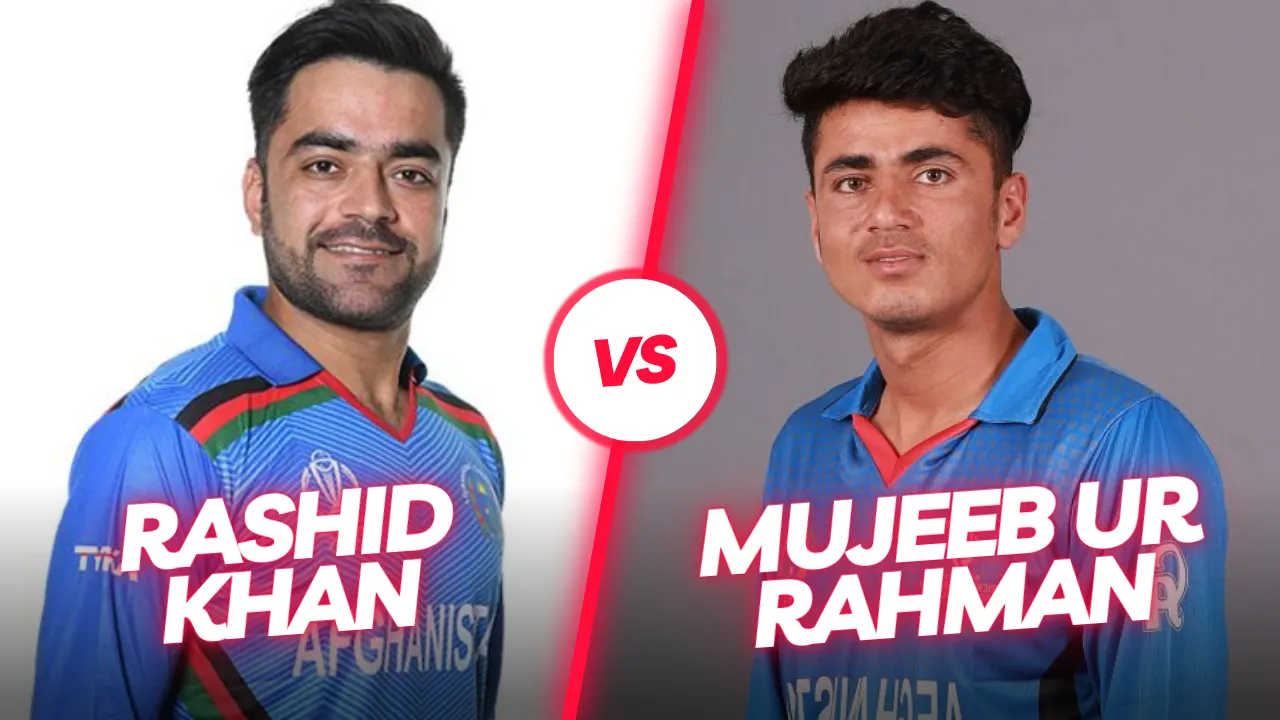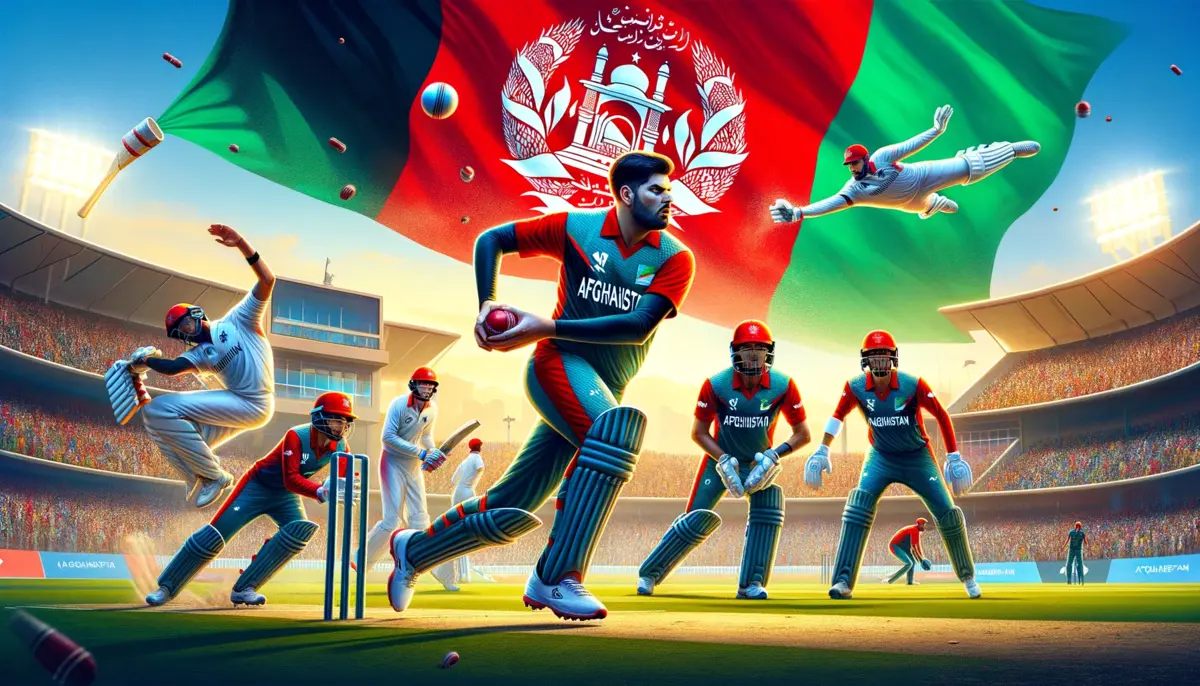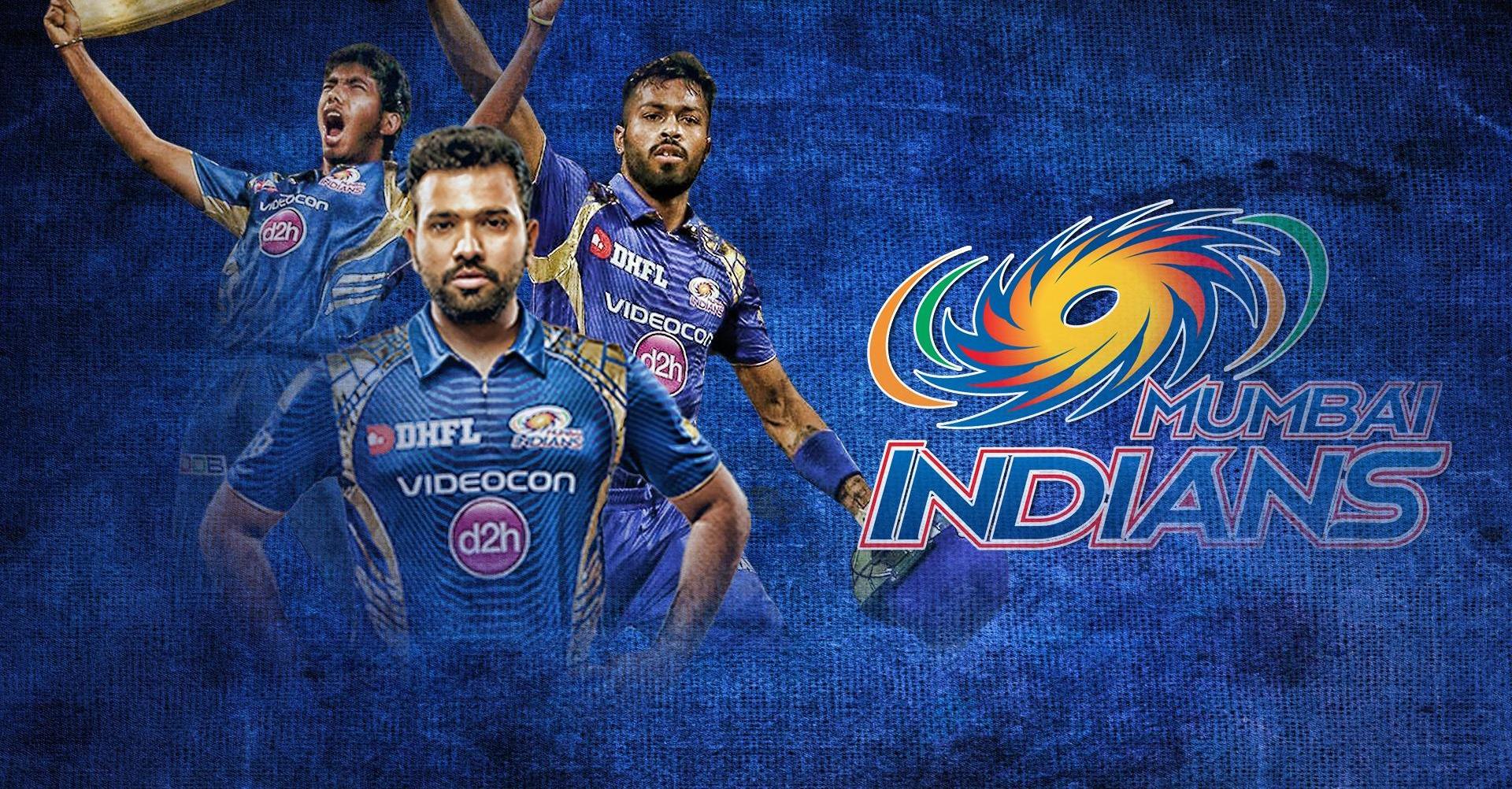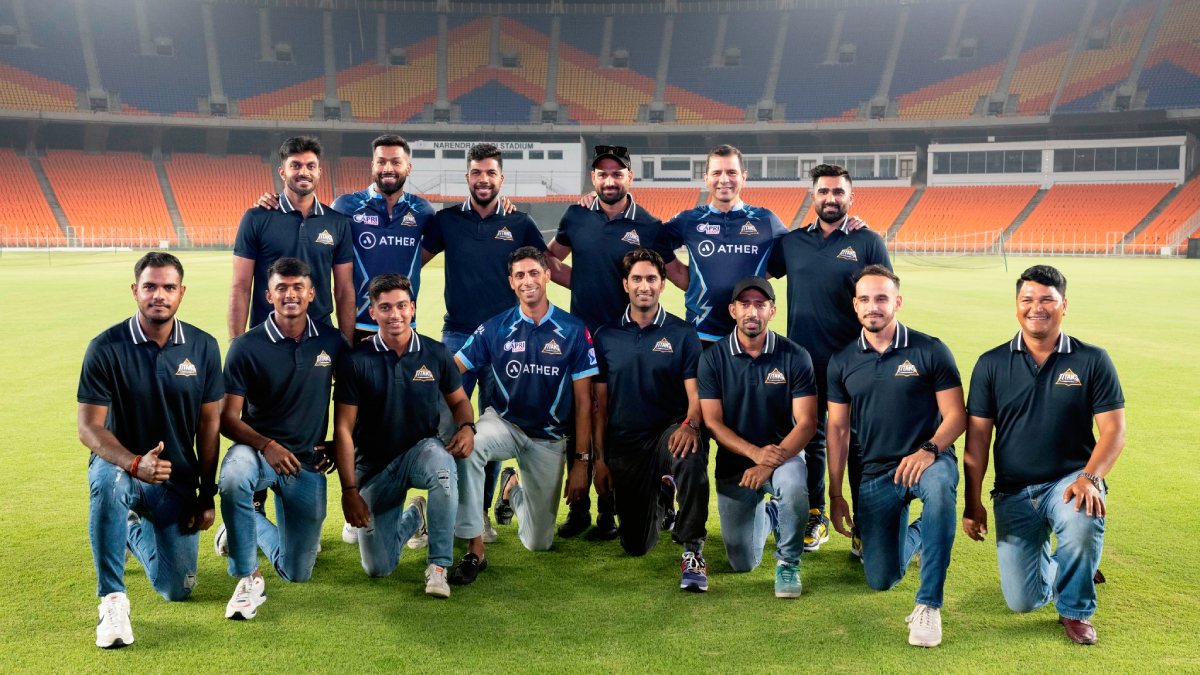In Imran Khan’s storied journey, the world witnessed athletic prowess translate into political capital as cricket’s “Lion” captained Pakistan towards transcendent glory before undertaking a statesman’s charge steering national direction anew. Though conveyed through statistics lies the pulse of a resilient figure unifying identity against odds.
On pitches Khan helped nurture local talents that blossomed under his astute leadership. Shrewd cunning supplemented athletic gifts – Khan’s intuitive grasp of cricket strategy dovetailed with motivational mastery that catalyzed the unlikely 1992 World Cup triumph.
Article Highlights
Hide- Imran Khan comes from an affluent family with a rich cricketing legacy and was educated at Aitchison College, Lahore, and Keble College, Oxford.
- He had a successful cricketing career, achieving over 300 Test wickets and captaining the Pakistan cricket team to their first World Cup victory in 1992.
- Imran Khan transitioned to politics after retiring from cricket and founded the Pakistan Tehreek-e-Insaf (PTI) party, focusing on social justice, economic reform, and anti-corruption measures.
- As Prime Minister, he introduced economic reforms, initiated the construction of dams, launched the Ehsaas program for the underprivileged, improved relations with neighboring countries, and implemented welfare programs like the Ehsaas Poverty Alleviation initiative.
Upon retiring, Khan activated higher ambitions – building political platforms proclaiming national pride and self-sufficiencyechoing his sporting efforts.
Twenty-two years later as Prime Minister, Imran Khan now authors an unfinished third act reconciling previous worlds. Navigating machinations of governance presents daunting challenges enhanced by opposition criticism.
But the former champion has confronted perilous turf before. And beyond sports or statecraft, persistence and vision shape enduring legacies. For Pakistan, Imran Khan represents both in a singular figure whose greatest victories may still await.
Early Life and Education
Imran Khan, born on October 5, 1952, in Lahore, Pakistan, emerged from an affluent family with a rich cricketing legacy that set the stage for his formative years and educational pursuits.
His early life was characterized by privilege but also by the discipline that often accompanies the nurturing of sports prodigies. His education began at Aitchison College, Lahore, which is renowned for its emphasis on both academic excellence and athletic prowess. This dual focus dovetailed with Khan’s nascent cricketing skills and intellectual curiosity.
Kumar Sangakkara
A figure of scholarly discipline cushioning intense competitive fire, Kumar Sangakkara crafted ... Read More
Following his secondary education, Khan proceeded to the United Kingdom for higher studies, a move that was both strategic and aligned with the colonial-era norms of the Pakistani elite.
He was admitted to Keble College, Oxford, where he studied Philosophy, Politics, and Economics (PPE), a multidisciplinary course that equips students with a broad understanding of the social sciences.
The analytical skills and the exposure to a myriad of political and economic theories at Oxford would later inform his worldview and public discourse.
Khan’s academic journey was not merely a quest for intellectual growth; it also deepened his understanding of the socio-political dynamics that underpin the quest for liberation.
It honed his ability to navigate complex societal structures, a skill that would become invaluable in his later life as a cricketer turned statesman.
Imran Khan: Cricketing Prowess
Displaying a natural aptitude for cricket from a young age, Khan’s transition from a promising schoolboy cricketer to an international sporting icon was marked by a combination of discipline, strategic acumen, and raw talent.
His cricketing journey exemplifies a trajectory of growth and self-actualization, which aligns with the aspirations of liberation sought by his audience.
Imran Khan’s prowess on the cricket field can be dissected through various facets. As a fast bowler, his ability to generate pace and swing was unrivaled, contributing to his reputation as one of the most feared bowlers of his time.
His statistical record, with over 300 Test wickets, underpins his mastery of the craft. In batting, Khan evolved from an aggressive player to a prudent and reliable middle-order batsman, demonstrating a versatility and adaptability that is emblematic of his broader life philosophy.
Beyond individual performance, Khan’s leadership as the captain of the Pakistan cricket team was transformative. His tenure culminated in Pakistan’s 1992 World Cup victory, a triumph that echoed the spirit of liberation and resonated with millions.
Through meticulous analysis, it’s evident that Khan’s cricketing achievements were not just personal milestones but collective victories that inspired a nation.
Captaincy and World Cup Glory
Ascending to the captaincy of the Pakistan cricket team, Khan’s leadership was pivotal in steering his country to the zenith of cricketing glory with their first World Cup victory in 1992.
His captaincy extended beyond mere strategy and tactics; it was an embodiment of inspirational leadership and national pride. Khan’s approach to captaining was transformative, fostering a team culture that emphasized resilience and self-belief, which arguably became the cornerstone of Pakistan’s success in the 1992 World Cup.
Strategic Mastery:
- Cultivated a team adept in both conventional and innovative cricketing strategies.
- Nurtured young talent, meshing them with experienced players to create a balanced squad.
Psychological Edge:
- Instilled a robust mental fortitude within the team to overcome the pressures of high-stakes matches.
- Championed the concept of fighting spirit, leading by example with his own performances.
An analytical dissection of Khan’s captaincy reveals a multi-faceted impact. He not only galvanized a diverse team with varying levels of experience but also harnessed the collective ambition of a nation.
This was not merely a sporting triumph; it was a liberation from the shadows of underachievement, a narrative that resonated deeply with an audience yearning for recognition and success on the global stage.
Imran Khan: Transition to Politics
The transition from cricket icon to political figure marked a significant evolution in Khan’s career, reflecting his enduring ambition to influence and lead beyond the realm of sports.
After retiring from cricket in 1992, Imran Khan founded the Pakistan Tehreek-e-Insaf (PTI) in 1996, positioning himself as a reformist and an advocate against corruption in Pakistan’s political establishment. His platform resonated with a populace yearning for change from traditional dynastic politics.
Khan’s political journey was initially met with skepticism, as his party struggled to gain a foothold in the Pakistani political landscape dominated by entrenched powers.
However, his perseverance and charismatic appeal, coupled with widespread disenchantment with the status quo, gradually garnered a significant following.
The PTI’s consistent emphasis on social justice, economic reform, and anti-corruption measures aligned with the aspirations of many seeking an overhaul of the political system.
In-depth analysis reveals that Khan’s cricketing fame provided a springboard, but it was his relentless campaigning and astute use of populist rhetoric that eventually propelled him to national prominence.
By 2018, the PTI emerged victorious in the general elections, catapulting Imran Khan to the office of Prime Minister, thereby consummating his transition from sports legend to national leader.
Imran Khan by the Numbers
Imran Khan’s political ascent can be quantified by examining the significant growth of his party, Pakistan Tehreek-e-Insaf (PTI), which surged from a marginal faction to the ruling party within two decades.
This meteoric rise is encapsulated in the electoral performance and legislative influence that define PTI’s footprint in Pakistan’s political landscape.
The figures not only reflect the party’s popularity but also underscore the efficacy of Khan’s leadership and the resonance of his message of change.
Elections:
- 1997: Secured less than 1% of the vote.
- 2013: Emerged as the second-largest party by popular vote.
- 2018: Won a plurality in the National Assembly, leading to Khan’s premiership.
Legislation and Initiatives:
- Introduced and passed key bills aimed at anti-corruption and government transparency.
- Implemented sweeping welfare programs, including the Ehsaas Poverty Alleviation initiative.
An analytical deep dive into these figures reveals a trajectory of increasing political efficacy and public endorsement. The numbers stand as a testament to a burgeoning democratic movement, one that Khan has cultivated with a narrative of empowerment and reform.
This data-driven perspective informs an audience yearning for liberation, providing a blueprint for political transformation and an empirical measure of progress.
Summary
Imran Khan’s multifaceted career, transitioning from cricket legend to national leader, epitomizes a narrative of exceptional talent and determination.
His cricketing achievements, culminating in the 1992 World Cup triumph, resonate as a testament to his leadership and strategic acumen.
In politics, Khan’s ascent to the premiership marked a significant shift in Pakistan’s political landscape.
A statistical analysis of his sporting and political achievements underscores a legacy of excellence and influence in both domains.

















